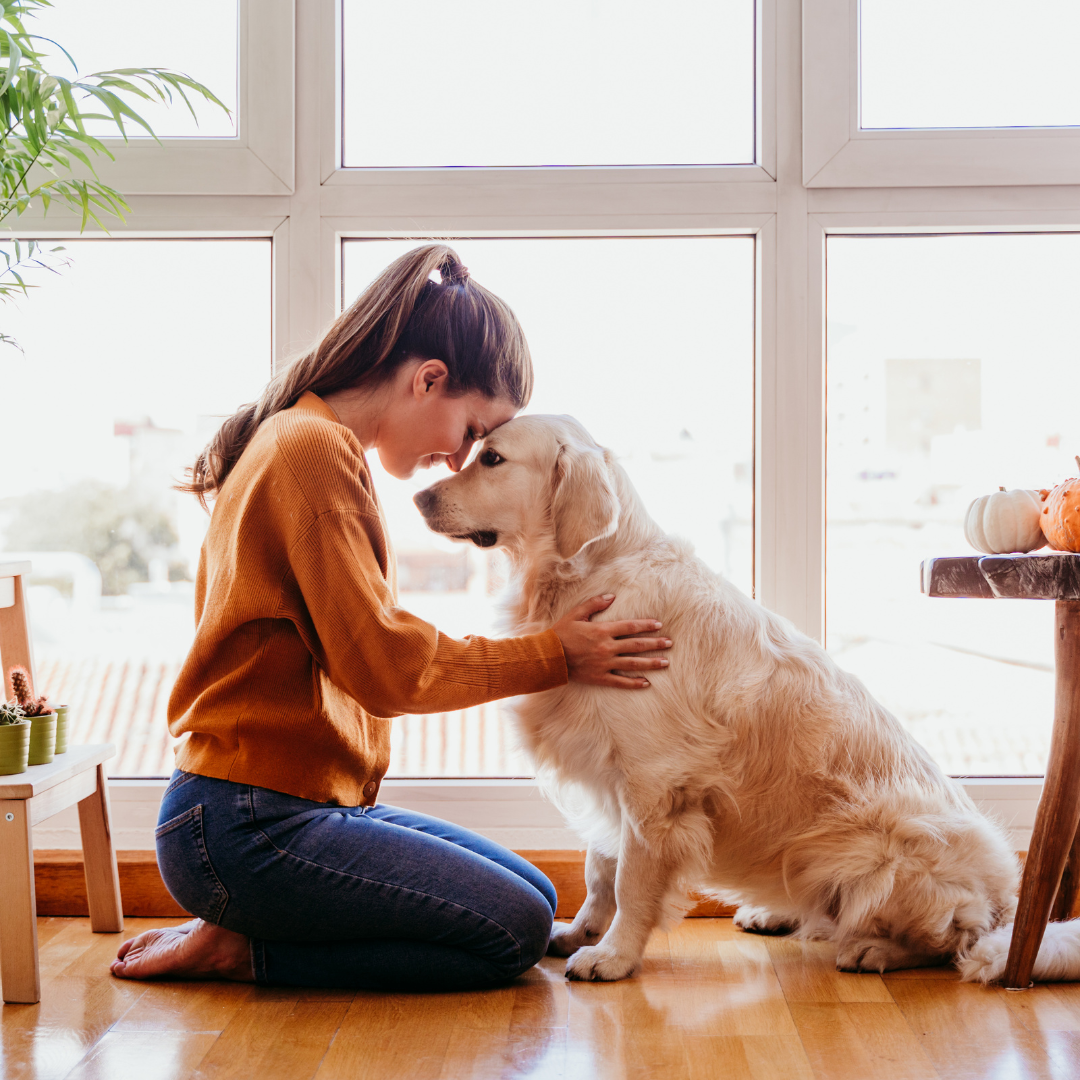SOURCE: Windermere
For many of us, pets are important members of our household, which means our homes should be as comfortable for them as they are to everyone else who lives there. When choosing how to decorate your home, whether you’re moving into a new one or welcoming a new furry or feathered friend into the one you already live in, thinking ahead about their needs can not only create a happy space for everyone but also help with the inevitable pet-related accidents and other possible issues down the road.
Cuddly-friendly Furniture
While some pet owners refuse to let animals on couches or chairs, others love to cuddle with their furry friends on or near their laps. If you fall in with the first group, create a soft space on the floor for Fido or Fluffy to lie on when the family is relaxing. Dog and cat beds come in just about every material, color, and style you can imagine, so finding one that fits in with your aesthetic should be relatively simple.
If you’re in the second group, select furniture that can withstand the wear and tear of claws, accidents, and frequent vacuuming. Leather (or faux leather) surfaces are best for homes with animals that shed. If you prefer the feel of fabric instead, choose a couch or loveseat made from stain-resistant materials or use a washable slipcover.
Throw blankets are not only cozy, but they are also great for creating a barrier between pets and furniture, and they’re a lot easier to clean than an entire couch.
Safe Plants
Incorporating live plants and greenery is a great way to add a touch of nature to your home’s interior, but not all plants are safe for pets. While fake plants are an option, they don’t provide the extra benefit of helping to clean the air you breathe while indoors.
Rattlesnake plants, spider plants, orchids, many kinds of fern, and small palms are all beautiful additions that aren’t toxic if your pup or kitten takes a nibble. There are also many types of succulents that are pet-safe, and the spiny ones will deter a pet that’s looking for a snack or—in the case of some cats—a litter box.
Flooring
When it comes to pets, accidents are usually inevitable. As well behaved and trained as they may be, pets get sick, old, and stressed. Though messes are bound to happen, lingering stains don’t have to. Hardwood, tile, and vinyl floors make it easy to wipe up anything your pet leaves behind, as well as spills they may cause. Washable rugs come in dozens of attractive styles and are great at protecting floors, especially if you add a pet-proof pad underneath. Put plastic or vinyl mats under pet feeding areas to protect floors from spills and to prevent bits of food from spreading throughout the house.
Colors
The best way to camouflage pet hair in between sweeping and vacuuming is to select furniture, carpets, and décor items that match your pet’s coat. If you’ve got a brindle pup, calico kitty, or multi-colored animal friend, patterns will be your best bet. Florals, plaids, stripes, paisleys, and other patterns also help hide stains when those inevitable spills and accidents happen.
Hidden Essentials
Our animal buddies are sweet, cute, and cuddly, but not everything about having a pet is attractive. Litter boxes, feeding stations, and sleeping crates take up a lot of room and can be eyesores. Fortunately, furniture makers have taken notice and created pieces that are both aesthetically pleasing and functional.
For indoor kitties, litter boxes are necessary, but constantly seeing and smelling them isn’t. Get the box out of sight with a stylish litter box side table. Dogs can nap in style with a crate that doubles as an end table or nightstand. Feeding stations with storage make dinner time easy and keep unsightly bags of food hidden away.
Your love of animals doesn’t have to get in the way of living in style. These tips should help you find the right balance between the two.
SOURCE: Windermere
 Facebook
Facebook
 X
X
 Pinterest
Pinterest
 Copy Link
Copy Link
